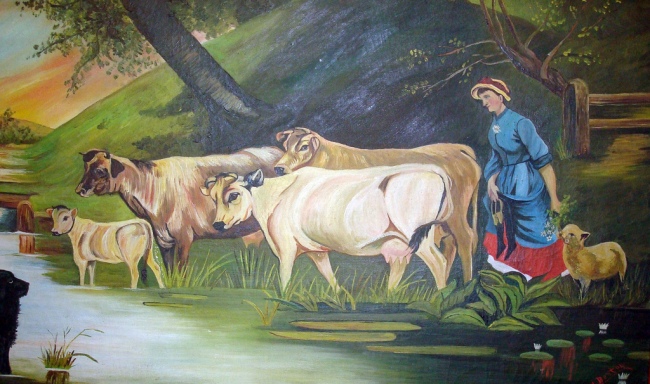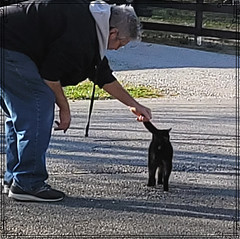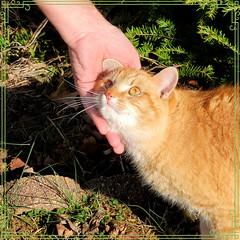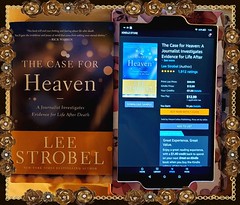USDA Choice Offering

Cow Painting by Flickr User Svadilfari, CC License = Attribution, No Derivative Works
Click image to open new tab/window to view original image and to access user’s full photo stream at Flickr.
Did you know that meat has all sorts of levels in quality? USDA Choice is only one of them. Another is Angus, and normally, I’d say it’s my favorite, but for this post, let’s focus on the USDA. For starters, I’m going to change the acronym from “United States Department of Agriculture” to my own new acronym: Unblemished Sacrifice–Divinely Appointed. Whether from the flock or from the herd, God gave Israel specific instructions on what was considered an acceptable sacrifice to Him.
In today’s reading from Leviticus 1:1 through Leviticus 1:13, we begin a new parashah/portion, a new chapter, and a new book. This one is called in Hebrew Vayikra and means “He called.” The tent of meeting is set up, and it is time for the sacrifices to begin. If a man needs to make atonement for his sins, he will be required to go to the flock or the herd to choose the animal he will bring to the priests as an offering to God.
What I noticed as I was reading this section is the requirement for involvement by the person who brings the offering. He must choose the unblemished animal; he must bring it to the priests; he must lay his hand upon its head; he must slaughter it before God; he must cut it into pieces; and he must wash its entrails and lower parts of the legs. For some reason, I had it in my mind that the person brought the offering, and the priests did all the work, but apparently, this is not so.
If I compare this to a modern-day offering of repentance and bringing forth works fitting for repentance (something that makes it more than just talk), that has the sinner (and the saint who still repents of his or her failures) doing a lot more than just showing up at an altar. We choose a work (or a sacrifice of praise) that is unblemished and acceptable to God, we present it before our High Priest (Yahshua/Jesus) to make sure it is acceptable; it is a work done by our own hand–or voice; it costs us something; we measure out how to perform it; and it cleanses us.
In the reading, the priests are the ones who splash the blood on all sides of the altar, and I believe this is where our High Priest comes in with His own blood that was shed for us on Calvary. The priests also arrange the pieces on the altar, so we trust in The Lord to apply the works we give Him according to His perfect will. And the priests then make all the pieces go up in smoke on the altar. If our hearts are right as we offer our works and our praise to God, the Holy Spirit will carry them to the throne room for us.
The sacrifices could not be made without the unblemished offering, without the involvement of the one who needed atonement, and without the priests who do their part in making sure all was done according to God’s will. When we offer whatever we have to give to God Almighty, if we offer a pure sacrifice with a pure heart, our High Priest will take over in the parts that we cannot do for ourselves, and we will receive the cleansing and the blessing. And that’s an unblemished offering that is a divinely appointed choice.










I too had thought the priests had slaughtered the sacrifice. Thanks for bring that to our attention. One could even go further with this teaching on how and what that pertains to today of those who have set themselves up as some kind of “priests” in the churches. They want to do the slaughtering, cleaning, etc. in our place.
LikeLike
Wow, that’s an interesting point, Brenda. Being a church leader, like being a priest, has a lot of work and responsibility involved, but you’re not the “high priest” and you’re not responsible for every part of the walk of believers under your teaching. To often, they do want to do it all, and they should be more careful considering how easy it was for a priest to cross the line with God even allowing men to do their parts.
LikeLike
Oh, I thought the same thing, Crystal! I think I skipped over that part. Thanks so much for the info. Blessings!
LikeLike
Thanks for stopping by, Lynn. I’ve been reading it for years, and this is the first time I’ve noticed that. Maybe its our teachers who skip over it, kind of like what Brenda said above. But that’s what so beautiful about the LIVING Word of God–we keep learning and receiving new and beautiful messages that make it real to us.
LikeLike